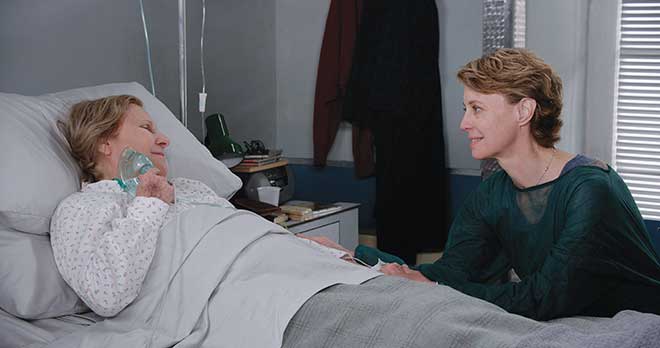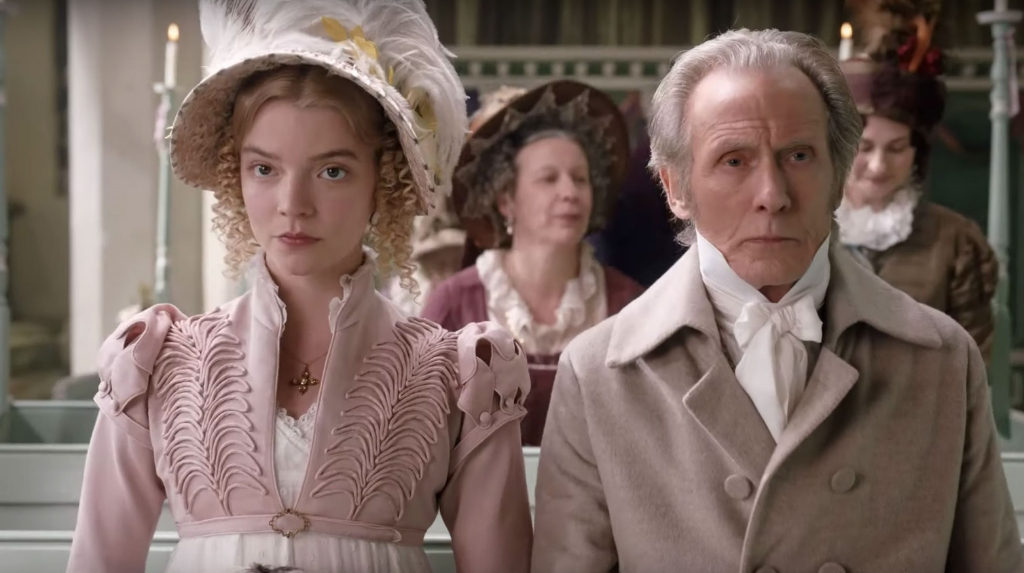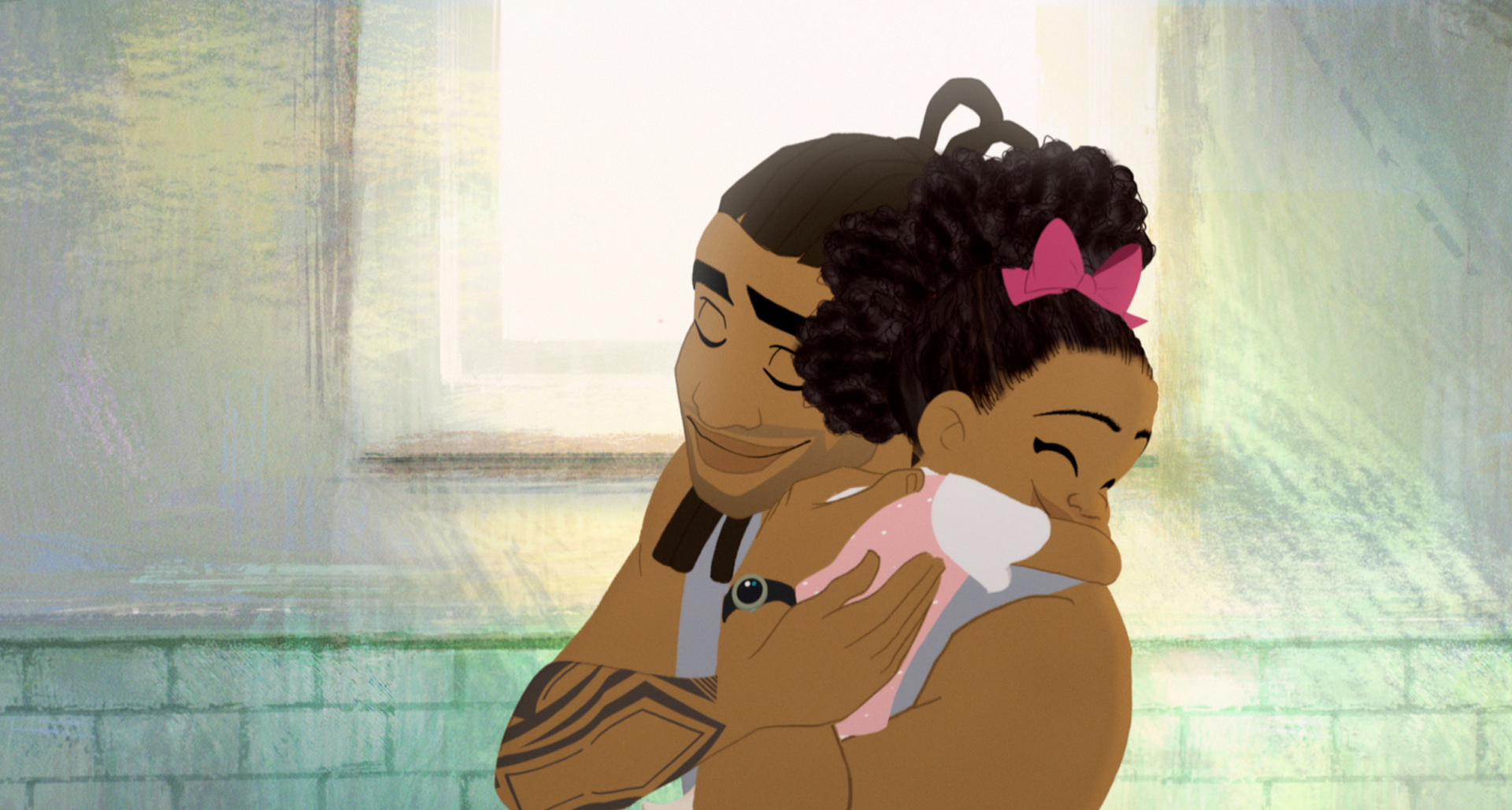Mia Madre is a movie of our times—a gentle reflection on aging and loss, on what it means to love, and love well. Early on, a brother and sister visit their dying mother in the hospital. While daughter Margherita seems prickled by the moment’s emotional weight, son Giovanni unpacks a meal for his mother. “Pasta with basil…a little Parmigiana,” he says with an affectionate flourish, setting out the feast. His love feels seamless. The camera switches between things—an age-speckled hand, a pair of spectacles. It pans to another bed where a woman tends gently to her mother. This simple tenderness, the movie tells us, is a skill our Margherita doesn’t have.
But she learns. Over the course of the film, her brother and mother Ada teach by example, moving in and out of feelings with facility. This fluidity, and the memories Margherita must finger through, demand that she find a way to live connectedly, to embrace her sadness. The film reassures us that if we live and love the right way, the things we fear most can be endured with surprising ease. Just before the end, Margherita holds up two little blouses and asks Giovanni to pick. We realize then, that these are burial clothes. The scene is a snippet, a tiny painful moment that passes, leaving life (contrary to expectation) intact.
“Mama, what are you thinking about?” Margherita says in the final scene that flashes back to Ada’s last moments. “Domani,” her mother says. Tomorrow.
Should You See It? Yes. —A.B.
Viewed at Landmark Plaza Frontenac








